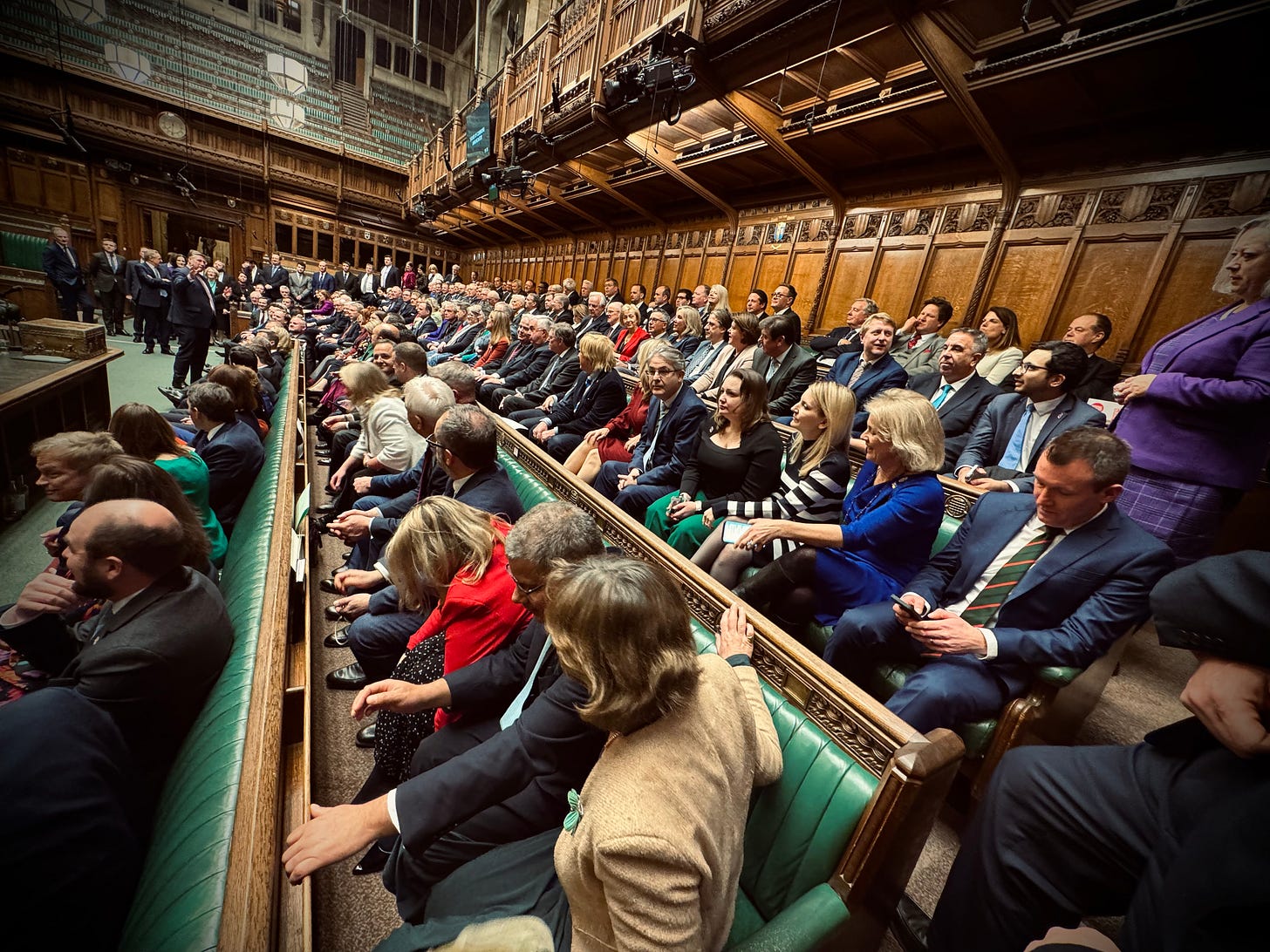How to unite the Conservative party in Parliament
Calling for unity to win is never enough. Give MPs what they want: influence and a shared purpose. The same is true of any party.
For better or worse and always thinking it in a just cause, between 2015 and 2022, working with others, I led some of the biggest and most effective parliamentary insurgencies in history. So I was not surprised when journalists asked for my opinion of this new Labour Growth Group.
I replied to one that it is plainly a put-up job by Labour’s No10: you can tell by the way it is calling for delivery of the manifesto and that it is led by a parliamentary private secretary. It is comical anyone is expected to believe this is some kind of rebellion.
But you can see why anyone would ask: divisions among MPs of the same party and “ginger groups” in pursuit of one policy or another have a long history in the Commons, stretching way back before technology enabled rebellions of the scale I orchestrated. Consider the groups No Turning Back, The 92 Group, Cornerstone, One Nation, Tory Reform Group and so on.
No wonder every Conservative leadership contender is setting out to unite the party to win. But is repeating, “Divided parties don’t win elections!” enough?
No. It has not worked in the past and it will not work in the future. To understand why, and what to do instead, you need to understand how MPs tick.
Keep reading with a 7-day free trial
Subscribe to Fighting for a Free Future with Steve Baker to keep reading this post and get 7 days of free access to the full post archives.




